Tourists with the following illnesses are not suggested to Tibet
If you’ve never been to Tibet, you are suggested to have a thorough medical check before you travel to the plateau. An electrocardiogram and a blood test can help you to know if there is a potential risk of arrhythmia or anemia, which may induce arrhythmia or hypoxia in the high altitude areas.
If there is any lesion of the heart, lung, brain, liver or kidney, or people with severe anemia or high blood pressure, please do not enter the plateau. If you only have certain rgular illnesses, please take some medicine you normally take and the oxygen supplement with you.
Among the currently known conditions, patients with heart disease, high blood pressure, and asthma are not suggested to enter Tibet. In addition, patients with severe colds are advised to enter Tibet after recovery.
Women who are pregnant are not recommended to enter Tibet either just in case it may affect the development of their babies.
Senior citizens who are over 60 years old are also suggested to be cautious to enter Tibet. It’s better for them to have family as accompanies during the trip. A medical check is also strongly suggested.
Altitude sickness is not fatal or dangerous, but it can induce some complications which can cause serious consequences. Therefore, if you are not in a good health condition, it is easy to have altitude sickness as well as complications.
Tourists with the following 7 types of illnesses are not suggested to travel to high altitude areas.
1. People who have organic heart disease, coronary insufficiency, severe arrhythmia, venous pulse rate of 100 beats / min or more, severe hypertension and various blood diseases.
2.People with various respiratory diseases such as bronchiectasis, asthma, interstitial lung disease, chronic obstructive pulmonary disease and other various respiratory insufficiency, active tuberculosis.
3.People with rickets, epilepsy, severe neurasthenia, and cerebrovascular diseases.
4.People who have severe gastrointestinal diseases, such as active peptic ulcer, chronic active hepatitis, renal insufficiency.
5.People with uncontrolled diabetes and other severe endocrine system dysfunction.
6.People who had a history of high altitude heart disease, severe high altitude coma, high altitude pulmonary edema, and a history of high altitude sickness, high altitude hypertension, and high altitude polycythemia.
7.People with high myopia or pathological myopia, since hypoxia can induce retinal detachment leading to blindness.

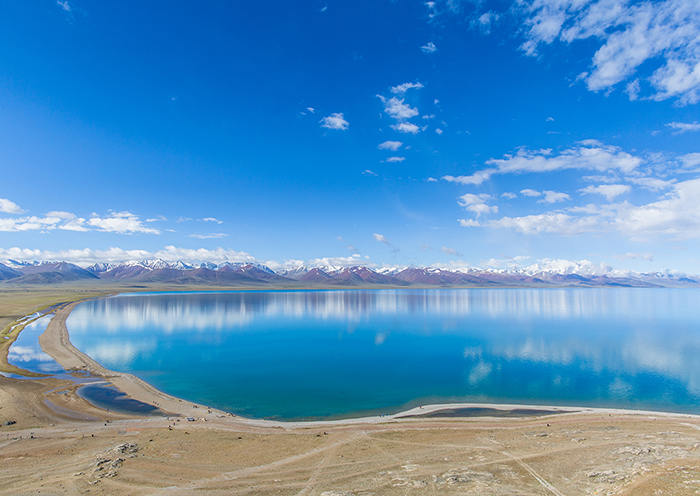

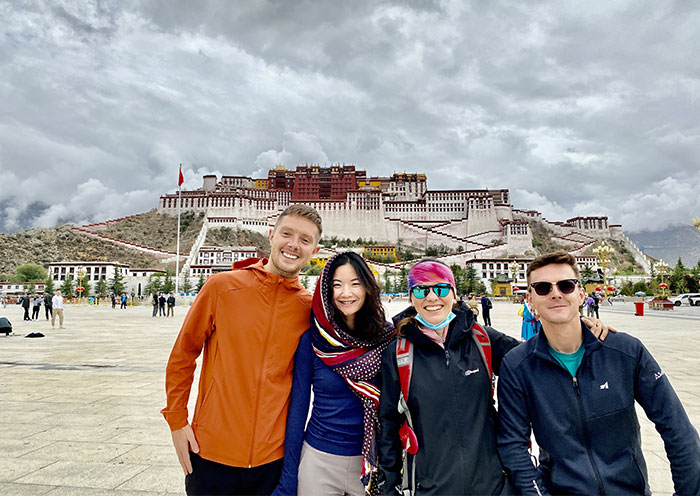
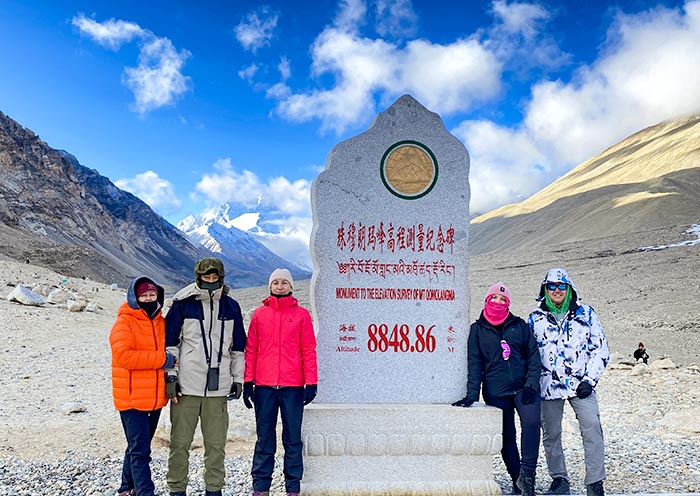







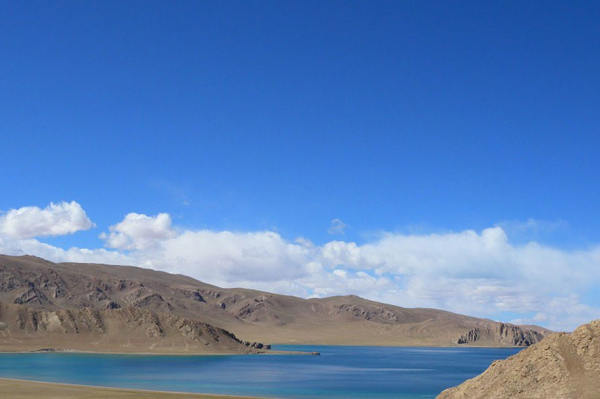


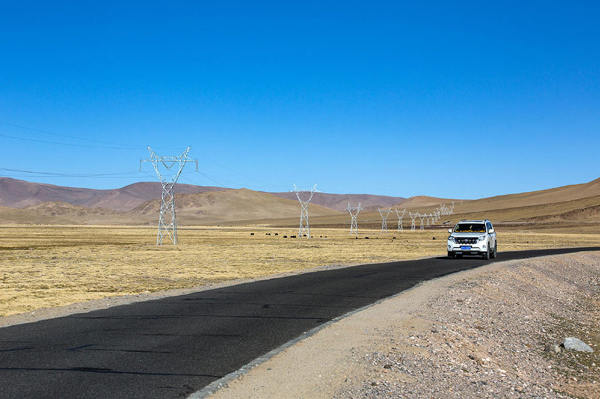


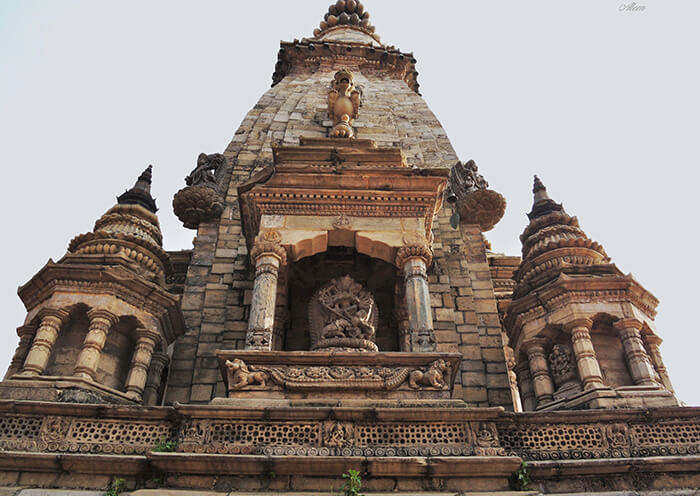







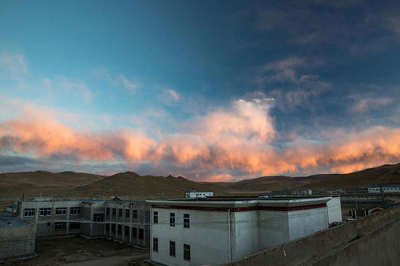



 Data in submission...
Data in submission...